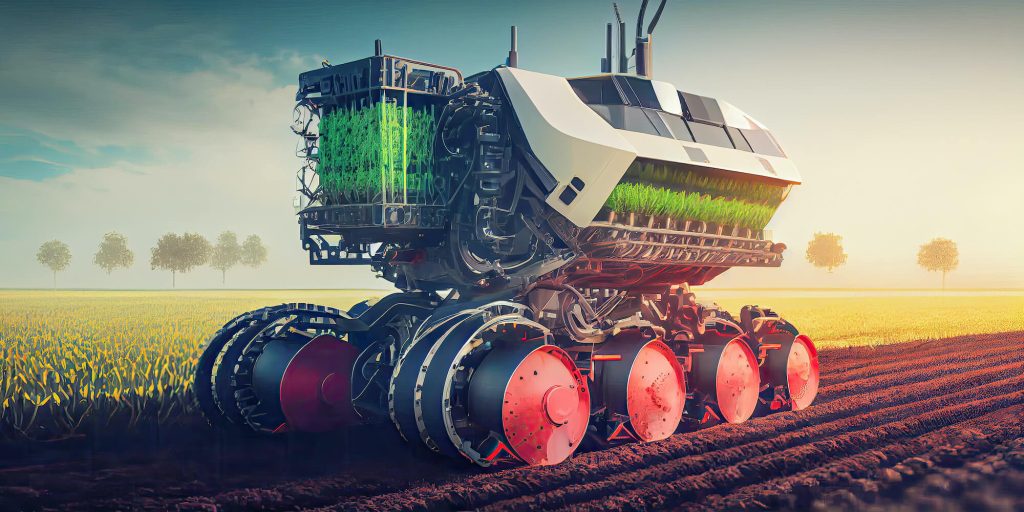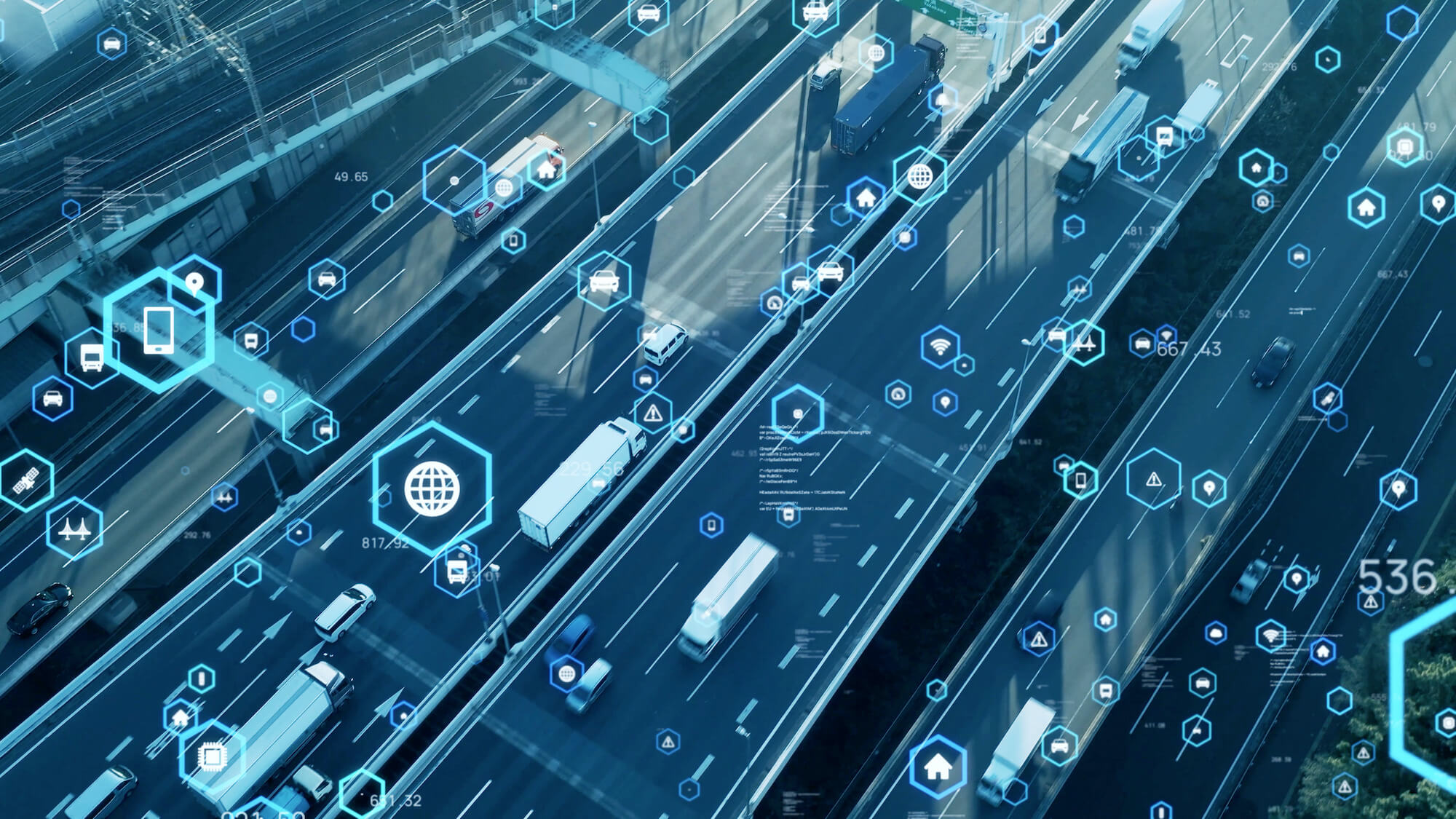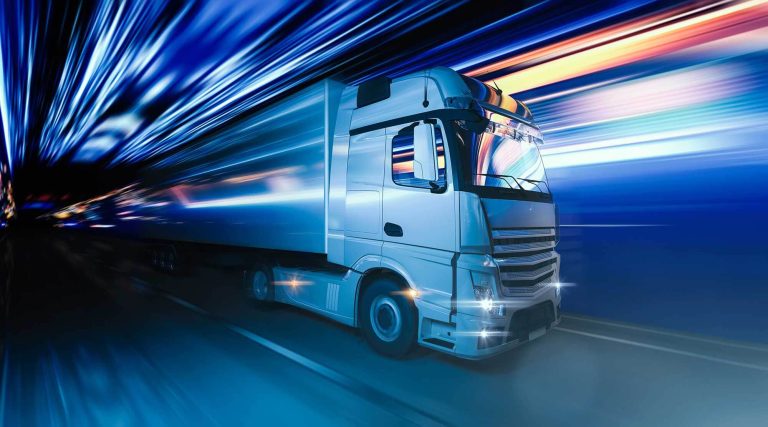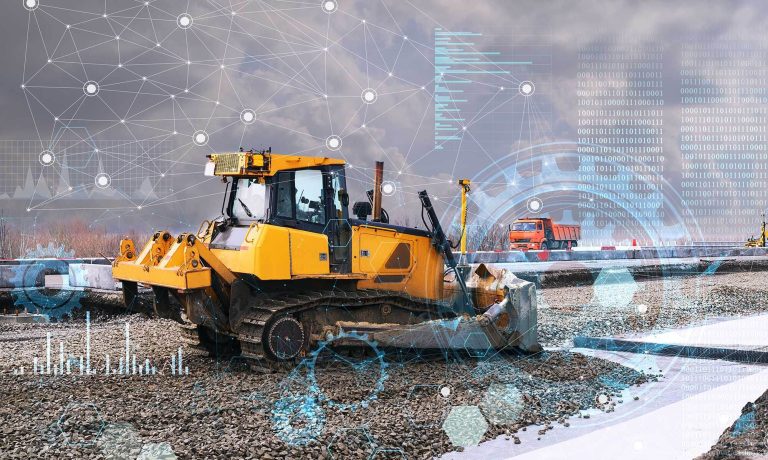The industry

The Transport and Industrial sectors are a crucial component of the Australian economy, contributing significantly to its growth and development through innovation and technological advances.
With a market size of more than $150bn, it includes a number of sub-industries (e.g. transportation, logistics, and manufacturing, etc.), employing a significant portion of the Australian workforce.
Despite the sector’s importance, it is not immune to challenges. Emerging technologies, changing purchasing behaviours, and increased competition are forcing companies to adapt and evolve to remain competitive. As such, businesses in the sector must embrace innovation and stay abreast of market developments to succeed in the ever-changing landscape.
For more information about our
industrial and transport market research services,
please contact us.
Key trends shaping the future of the transport and industrial sectors include:
1
Sustainability and ESG Integration
With increasing pressure from governments, investors, and consumers, companies are moving beyond simple compliance to fully integrate Environmental, Social, and Governance (ESG) strategies into their core operations. Focus is on reducing carbon footprints, improving energy efficiency, and embedding circular economy principles into their operations.
2
Broader Adoption of Electric, Low-Emission, and Alternative Fuel Vehicles
The shift towards electric vehicles is evolving, but there is also growing interest in hydrogen fuel cells, biofuels, and hybrid solutions. Regulatory pressure, combined with growing infrastructure investment and technological advancements, continues to accelerate the adoption of these vehicles, particularly in freight and logistics.
3
Advanced Automation and AI-Driven Operations
Digitalisation is evolving into the next phase, with AI, machine learning, and advanced automation transforming operations across the transport and industrial sectors. This shift is enabling real-time monitoring, predictive maintenance, and optimised logistics, leading to greater operational efficiency and safety.
4
Chronic Skills Gaps and Workforce Transformation
The industry is facing persistent skills shortages, particularly in areas related to technology, automation, and renewable energy. Companies are responding by investing more in training, reskilling, and leveraging technology like AI to fill gaps. This trend is driving collaboration with educational institutions to develop future-ready talent pipelines.
5
Cybersecurity and Data Privacy in Smart Transport
As transport and industrial sectors adopt more connected technologies, cybersecurity has become a critical focus. Protecting critical infrastructure, safeguarding customer data, and ensuring operational integrity against cyberattacks are now high priorities for the sector.
For transport & industrial market research
Contact Fifth Quadrant
FAQ’s
Market research provides insights into operational needs, industry trends, and stakeholder perspectives, helping companies optimise efficiency, enhance safety, and innovate in response to evolving market demands.
Fifth Quadrant can access a broad range of audiences, including logistics managers, fleet operators, equipment manufacturers, supply chain professionals, and industry thought leaders.
Common methodologies include industry expert and stakeholder interviews, customer experience and satisfaction tracking, new product concept testing, and market sentiment and trend surveys.
AI is reshaping market research by advancing sentiment analysis, predictive analytics, and streamlining data collection and processing. These capabilities enable faster, data-driven insights, helping businesses adapt quickly to market changes and enhance customer engagement.



)


